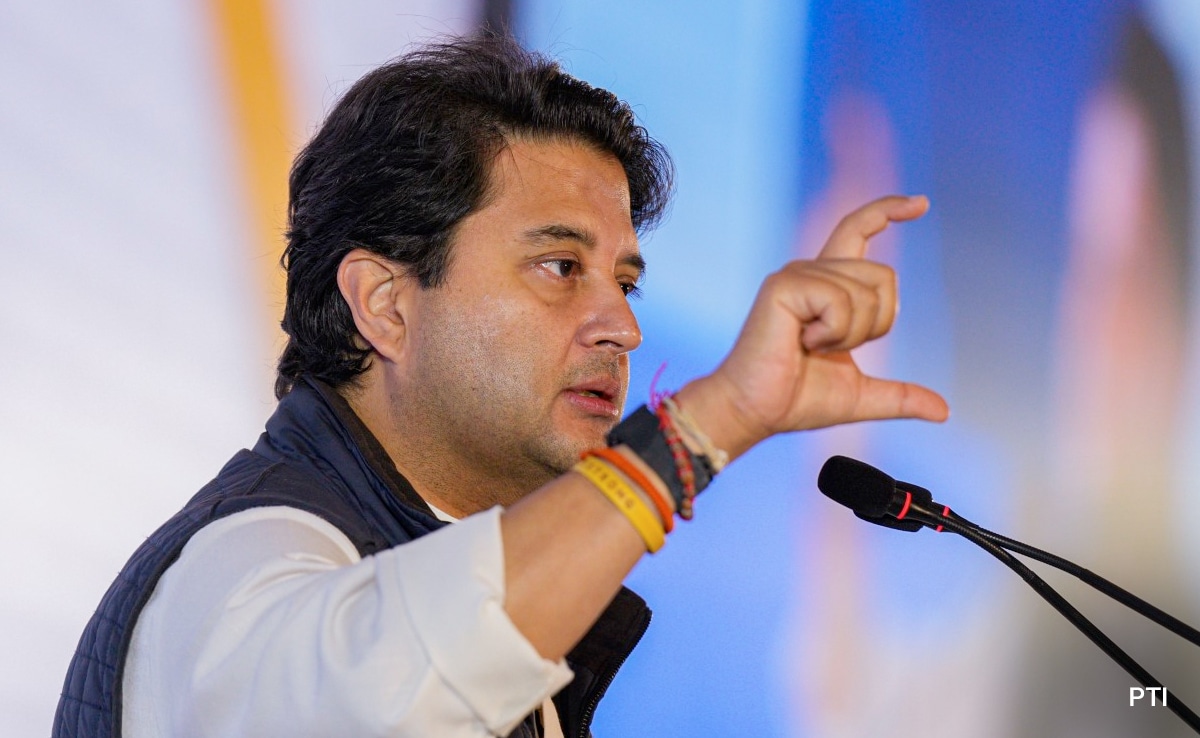At a time when the rabi produce of onion is almost coming to an end, there are mixed reactions in Maharashtra over the Union government’s decision to slash export duty on onion from 40% to 20%, and to scrap the $550 per tonne MEP. Poll-bound Maharashtra is the largest onion producing State in the country. Lasalgaon, Asia’s largest wholesale market for onion, is also in Maharashtra.
Meanwhile, the politicians rushed to seek credit for the move. The onion export ban in December 2023 and the subsequent high export duty on the crop had created unrest among onion farmers before the Lok Sabha elections.
“Last year, when the government had imposed a ban on onion export, the highest rate was ₹4,141 per quintal. The model rate was ₹3,600. Today, after the government has slashed the export duty, the highest rate is ₹4,951. The model rate is ₹4,700,” Narendra Savliram, secretary of APMC, Lasalgaon, the largest wholesale onion market in Asia, said.
Since the announcement, the model rate has risen by ₹500 per quintal.
Mr. Savliram said that the policy change will benefit those who still have the stock of onion. “Rabi onion is almost over. This will benefit only those people to some extent who have some stock. But if the policy continues, it will be beneficial for the early or late kharif crop of onion. Moreover, though the export duty has been slashed, international orders won’t come immediately because of it. It will take around a fortnight for the matter to stabilise and for getting orders from the importing countries,” he said.
He also said that once the buffer stock of five lakh metric tonnes is released in the domestic market, it will lead to the stabilisation of domestic rates.

‘Export when prices are low’
“When is export essential? When the rate is ₹1,000 per quintal or when it is ₹4,000 per quintal?” Jaydatta Holkar, director of the market committees of Lasalgaon and Mumbai, asked.
“This decision should have been taken when the rate of onion was low. We don’t understand why it has been taken now. It should have come when the farmer was selling his onions for ₹1,000 to ₹1,500 per quintal,” he said.
EDITORIAL | A sob story: On onion exports
‘Won’t benefit small farmers’
“This decision today will benefit only those who have holding capacity. This is the rabbi season onion, which means it was produced six months ago, in March. The small farmers have already sold their onion produce long ago at a very low price. He has sold it to the big traders. In effect, this decision will benefit only the big traders or big farmers who have large holding capacity. The new onion will come only after the month. So in effect, there is hardly any stock available with the small farmer anymore for him to benefit from it. If the decision would have come a month ago, it would have helped the farmers. Today, whoever has the stock, will benefit,” he said.
Meanwhile, an onion farmer who did not wish to be named, said, “This crisis was going on for almost a year now. Farmers had been facing losses since December. This year, the production of onion has also reduced. Which means, we aren’t looking at much profit. The cost of production has only gone up.”

Political credit battle
Meanwhile, the politicians rushed to seek credit and to thank the Union government for the decision. Maharashtra Chief Minister Eknath Shinde, DCMs Ajit Pawar and Devendra Fadnavis thanked the Prime Minister for the decision. The CM said that he had requested the Centre to remove MEP, and that this decision will help increase the income of the onion farmers. Deputy Chief Minister Devendra Fadnavis said that it will help the soyabean, cotton, onion, basmati rice farmers in particular. DCM Ajit Pawar’s office said that he had held a special meeting at the State Secretariat four days ago to discuss farmer-related issues, where it was decided to follow up with the Central government on issues concerning onion, soyabean, and basmati rice.
Published – September 15, 2024 03:25 am IST










